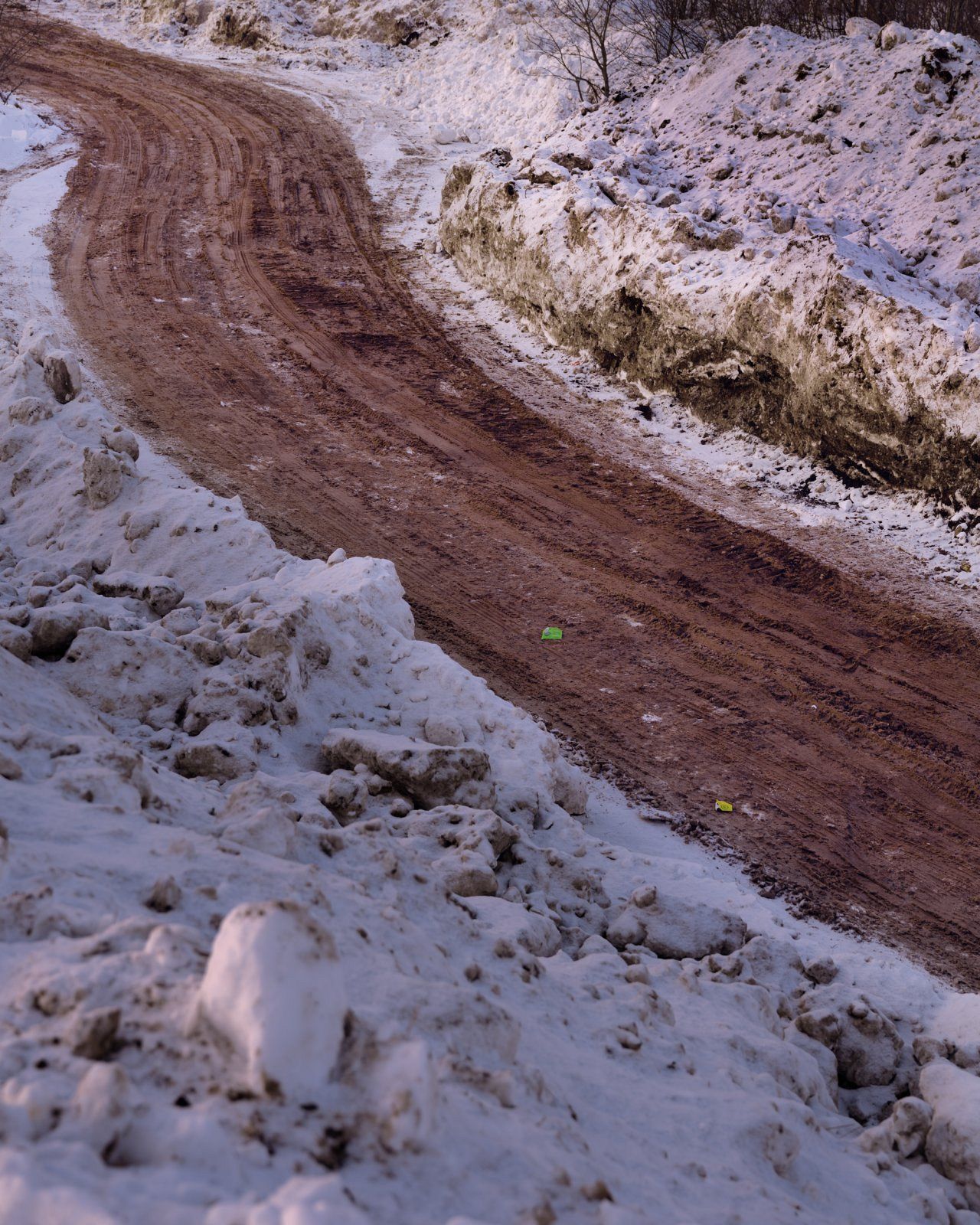
I am a photographer who searches for stories in between power and personality.
Political events affect people on a personal level and individual stories shape the perspectives of our collective political history. This balance between the macro politics of power and individual experiences is an integral part of my practice. As someone that was born in the east, and then for most of my life lived in the west, the impacts of the former regime in Eastern-Europe and the emergence of the new Union in all of Europe are recurring departure points in my work.
My work sets out to expose this relationship, presenting a careful and nuanced narrative that intertwines individual anecdotes into the relevant political context. By using personal and public archives, my own photography, text as well as sound, I present the dense chaos we inhabit in an accessible way. I am an organiser of this density into coherent and sensitive narratives of our society. By always switching between the micro and the macro, I tell stories not only of individuals, but of generations, of an era, of shifts from past to present, present to future and at times even from present to the past.
With my work I hope to articulate the collective political struggles we live amidst and provide people with a narrative that enables us to move forward in greater harmony. Looking back, looking at now and looking at the future, I guide the viewer through a universe that is both universal and completely subjective, reflecting my own personal and political experience, yet always searching for common ground with the viewer.
GRADUATION PROJECT
Estonia, 2021
When we were kids, we used to play the floor is lava in spooky abandoned buildings, but we never realised that the floor really was lava. Through exploring the post-Soviet space that remains in Estonia, I reconcile with my childhood memories and confront the absurdity of being haunted by a past regime that I never experienced.
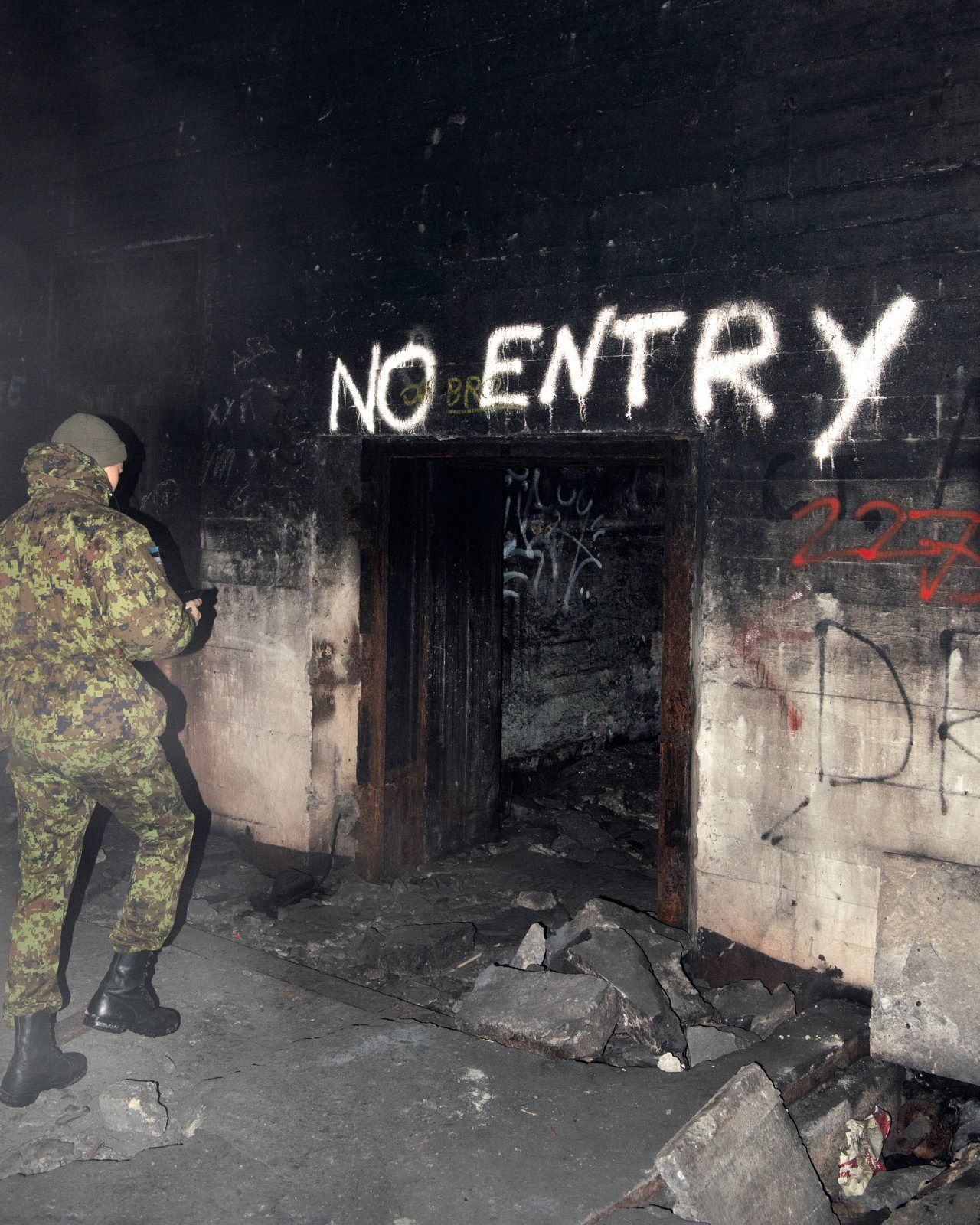
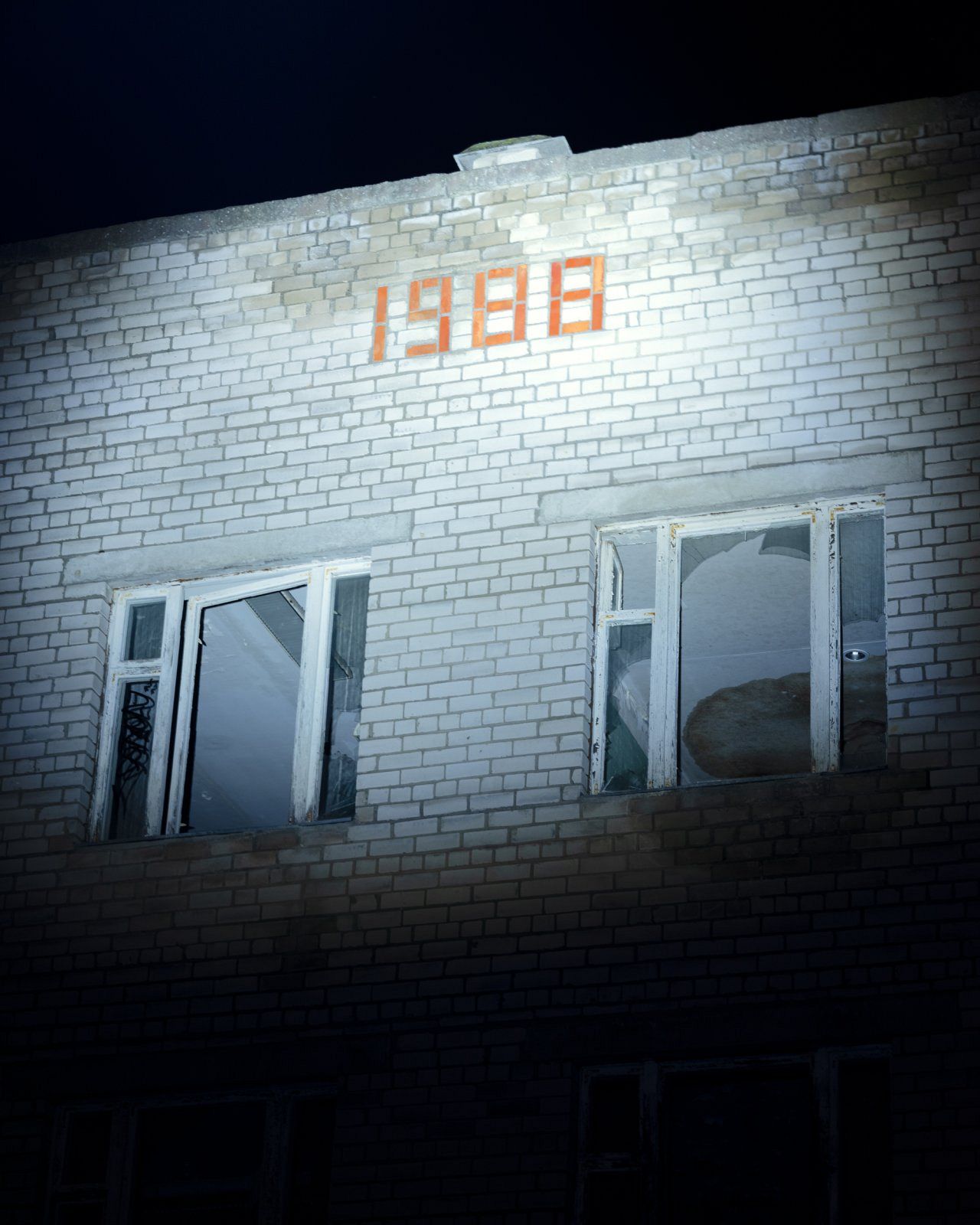
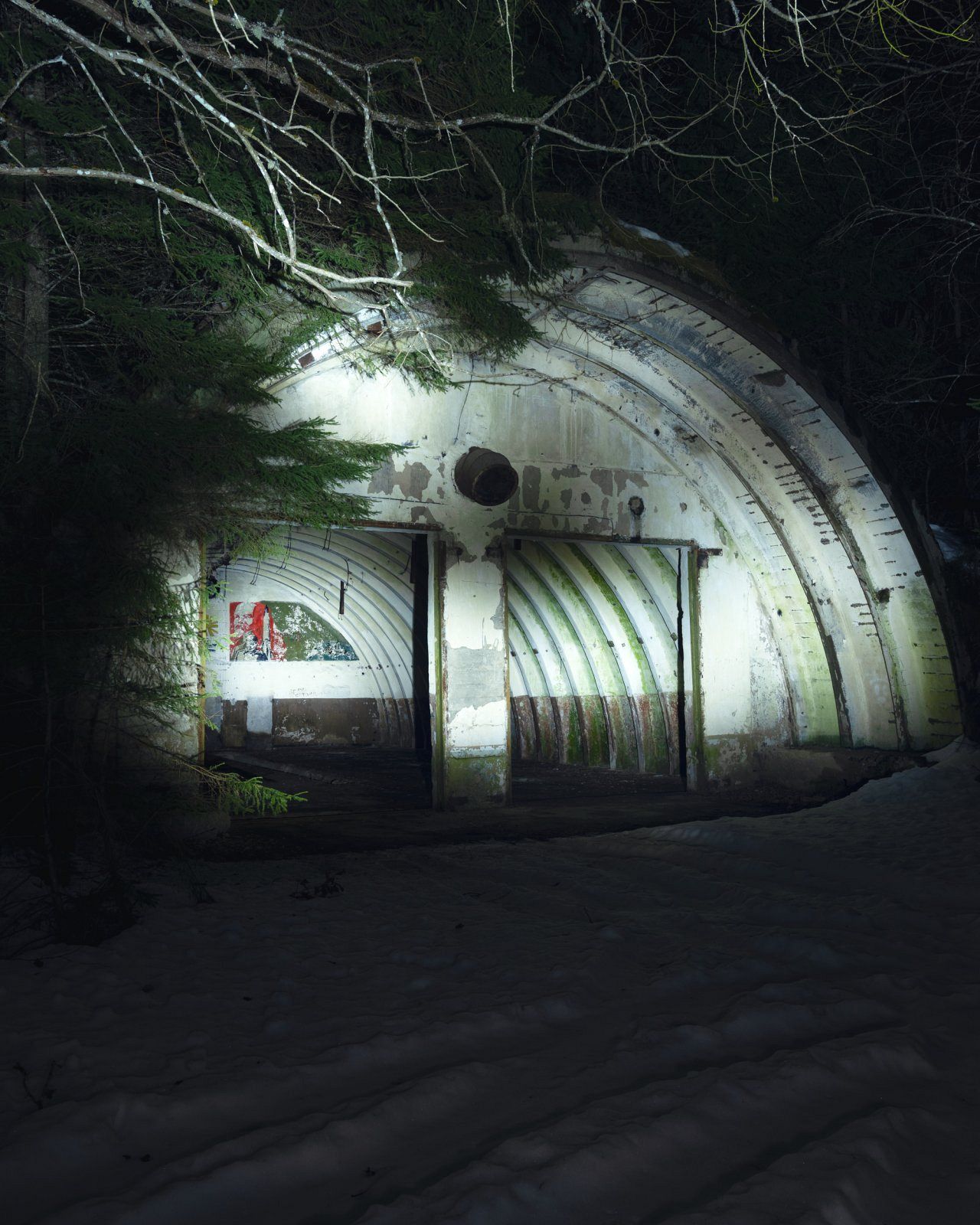
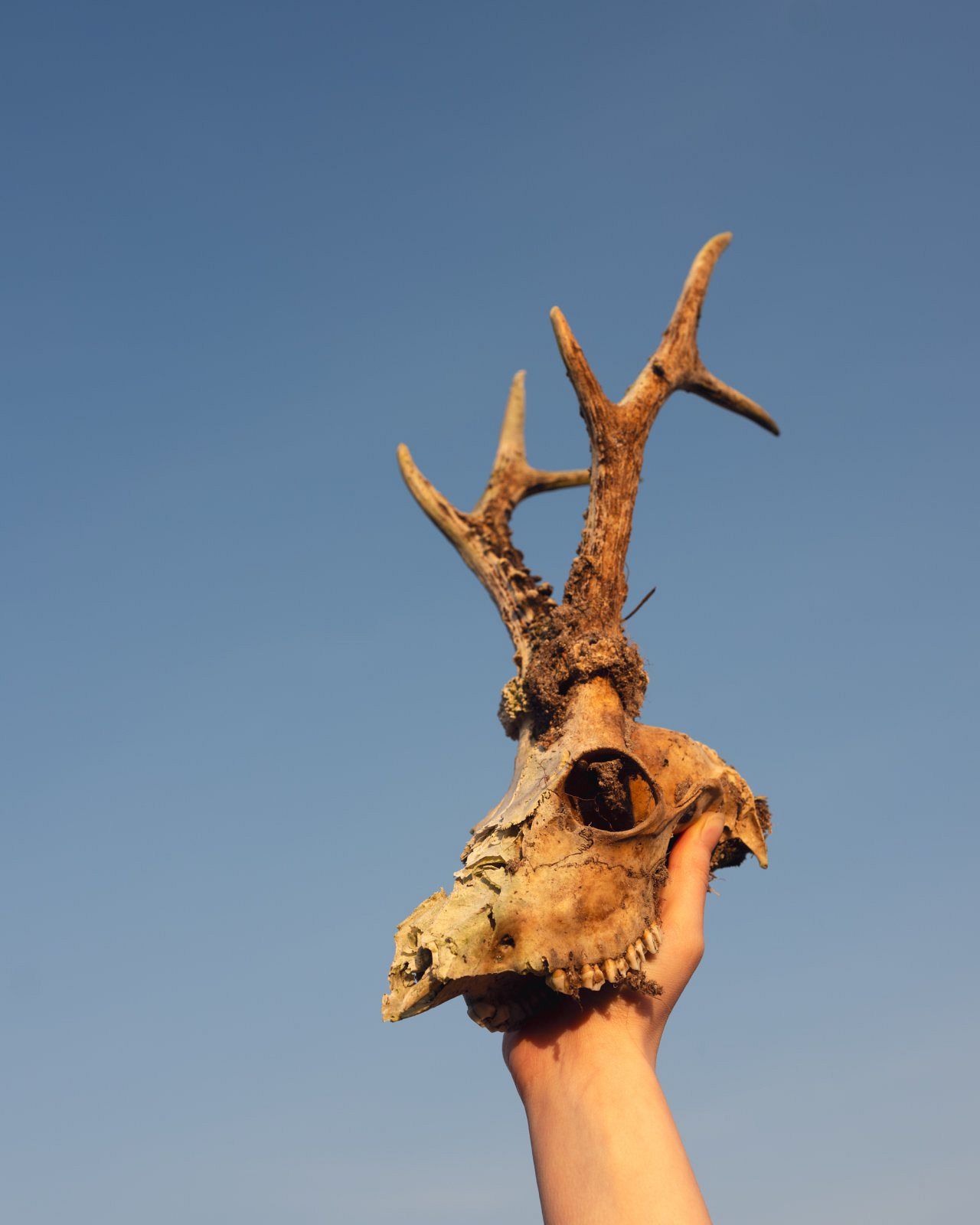
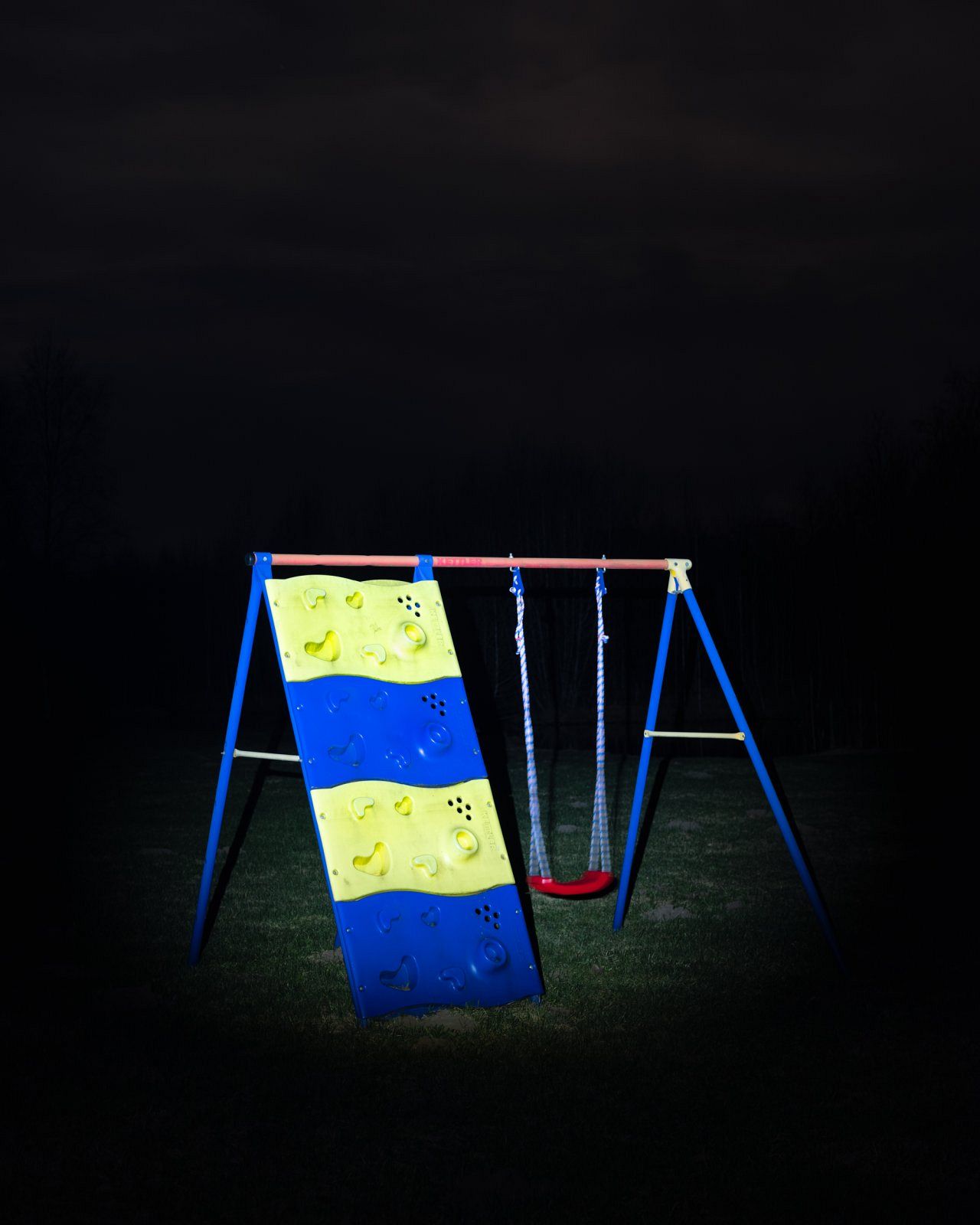
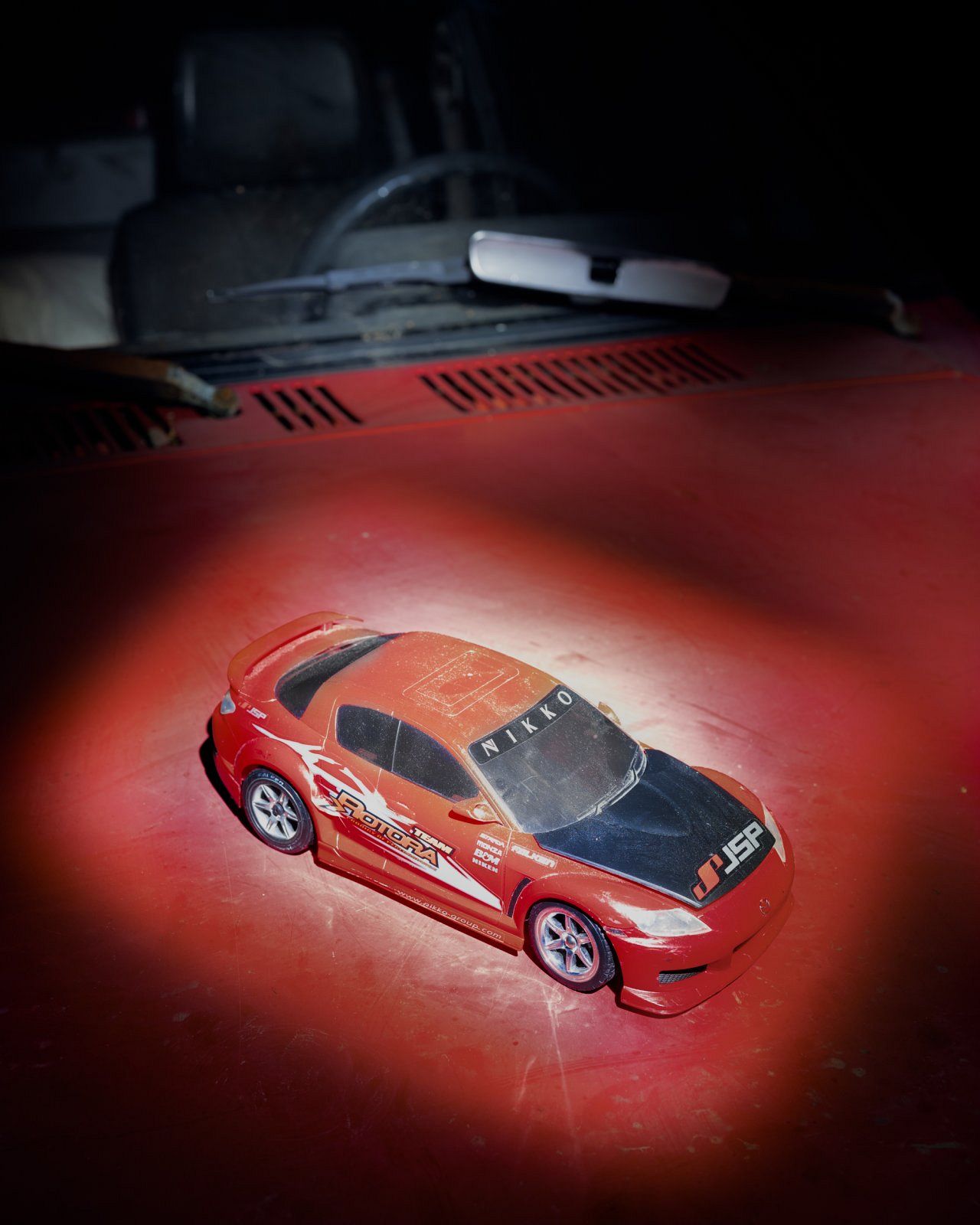
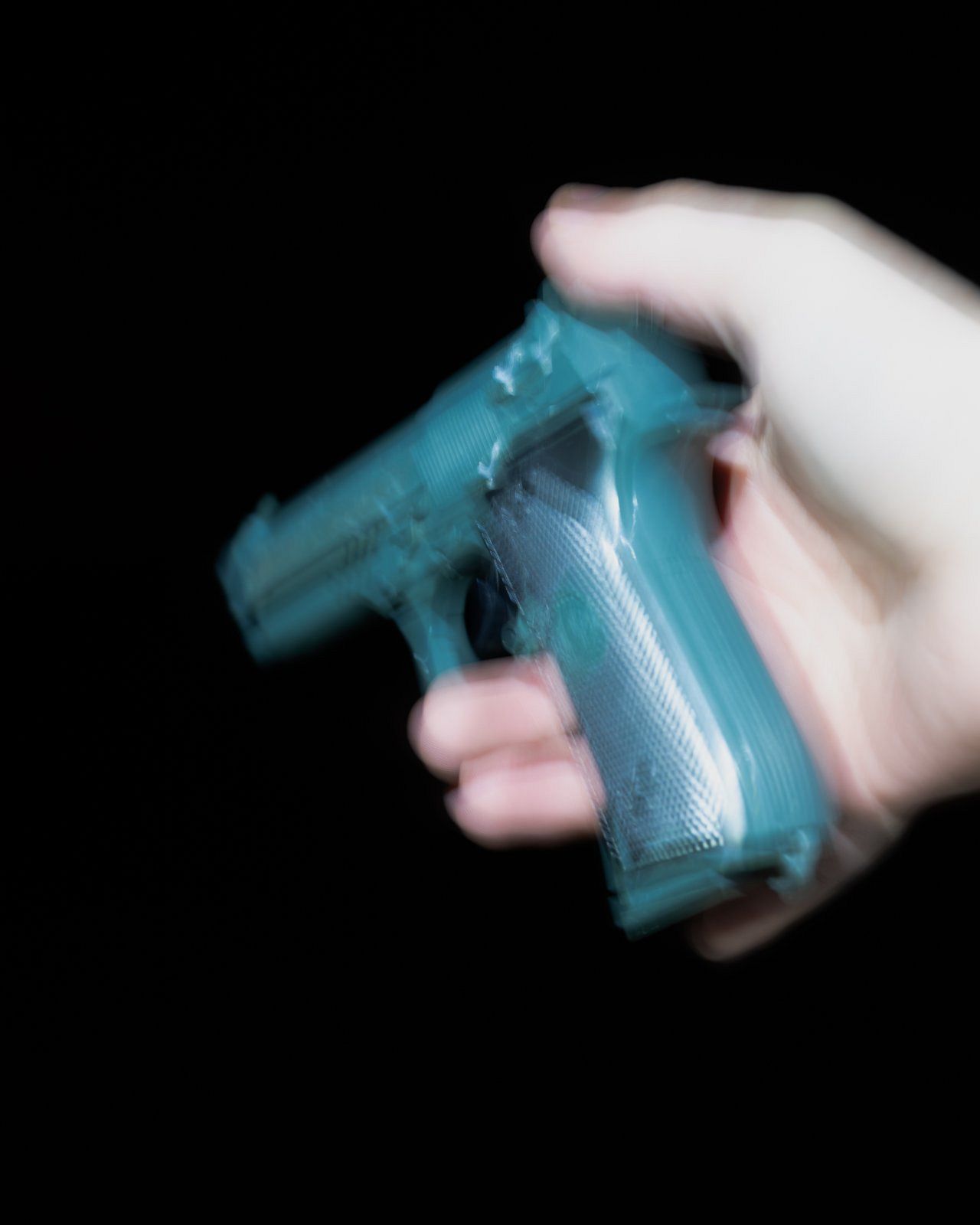
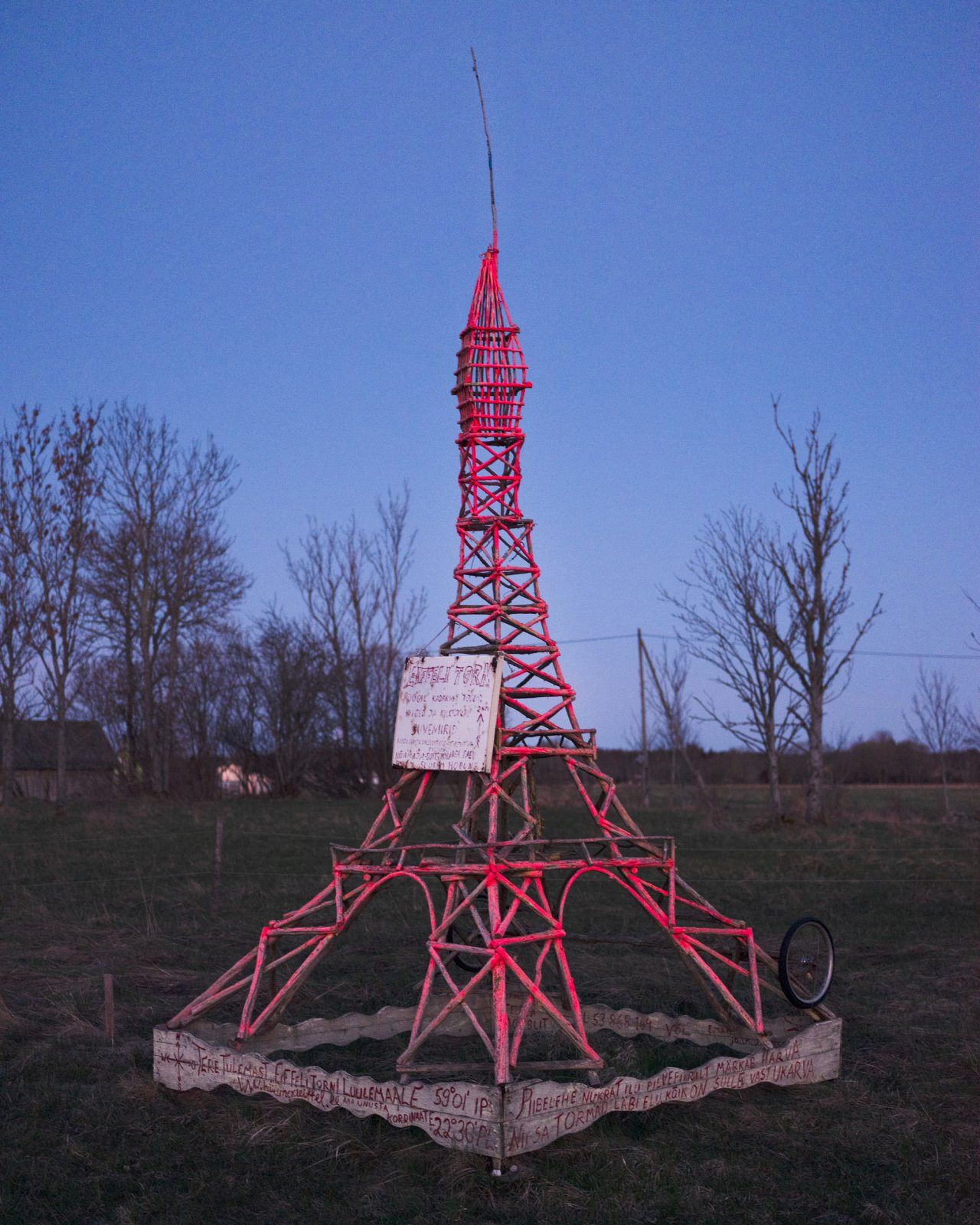
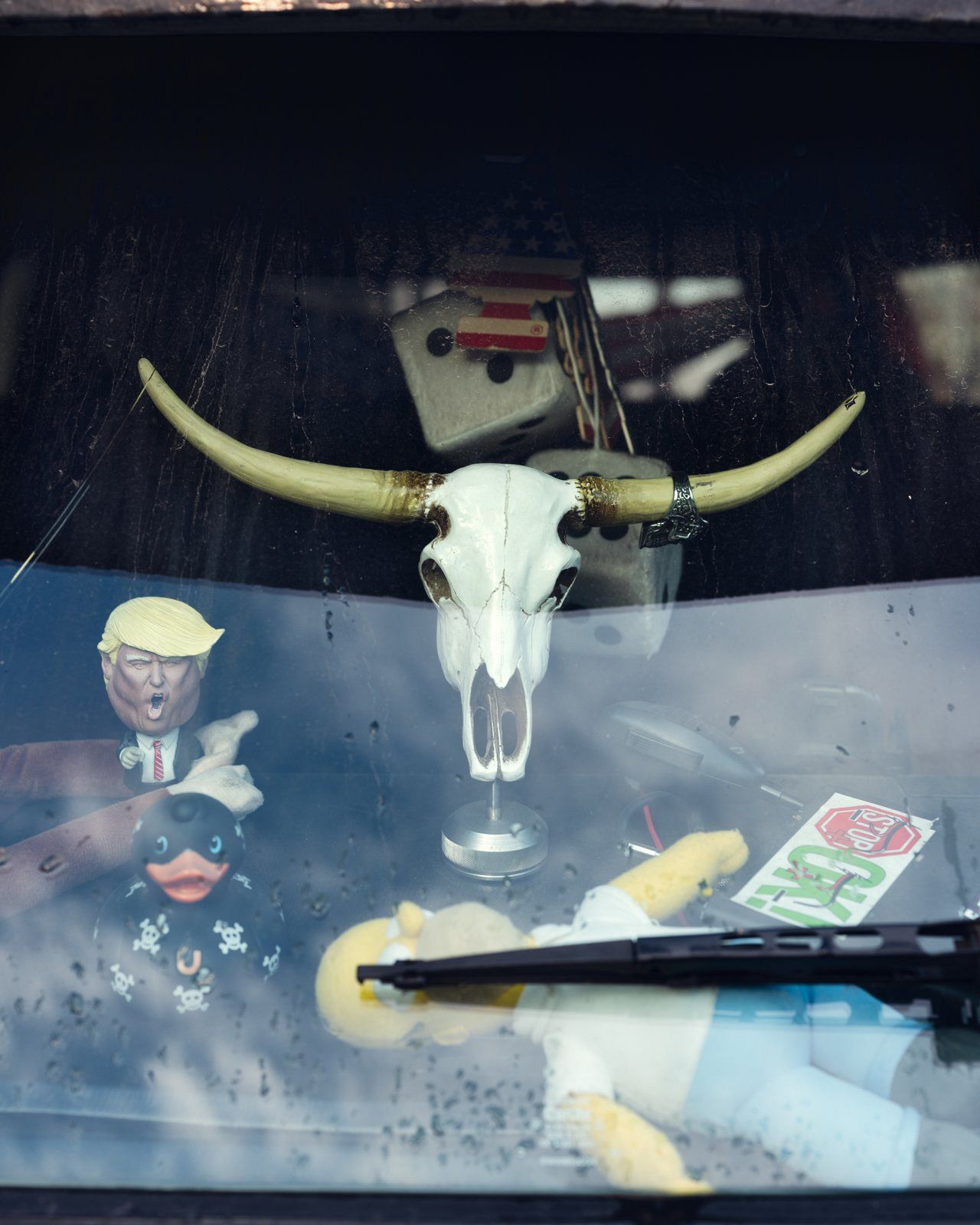
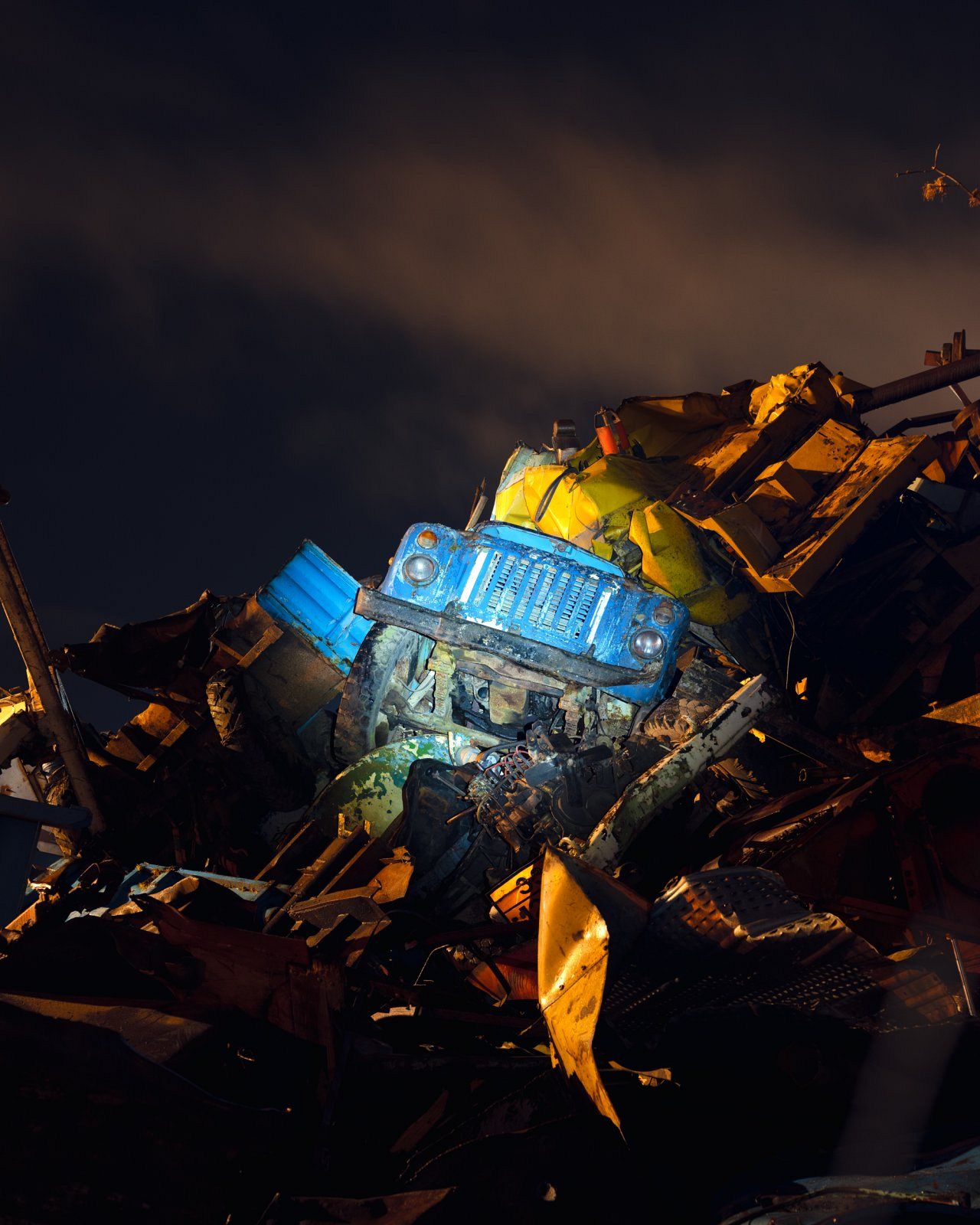
ICH BIN EIN BERLINER.
Thesis
In 1963, the same year my father was born, US President John F. Kennedy gave a speech in West-Berlin in which he referred to free men as Berliners. He then preceded by saying “Ich bin ein Berliner.” The phrase became to mean “I am free. “ 24 years later when my mother moved to East-Berlin, the city was still divided in half, and access to the west remained an utopian dream for Soviet students. Two years later however the wall fell and East-Berliners could also utter the words “Ich bin ein Berliner.” At the same time in Dresden, Germans started to attack the KGB headquar-ters, where Vladimir Putin was stationed. As a junior officer he found himself in an awkward po-sition. He was trying to hold back the Germans so KGB officers inside could destroy documents detailing KGB operations but it quickly became obvious that Putin would not be able to do so for long. He attempted to call for backup from Moscow, only to find out that Moscow was crumbling down. Putin uttered the words “Moscow is silent” to a colleague of his. In this moment, the roles had reversed and my parents became free Berliners, with Putin at their mercy. In 2021, are the roles about to be reversed again?
In my thesis “Ich bin ein Berliner” I retell the story of how my parents met and fell in love, against the vehemently political backdrop of 1980s East-Germany and Soviet Union. Through researching the story from the perspective of my parents as well as sources ranging from pop culture to the speeches of former US presidents, I try to imagine what my parents experience could have been like. I end up telling a story about delicate resistance, a resistance that is first and foremost a commitment to the body being the first governor of our experience, and not the state. My parents lived under a brutally restrictive regime, yet I never got the sense that they ever felt particularly controlled. They were free before they were liberated. Surprisingly to me, my parents navigated this chaotic period with relative ease, always adapting to new circumstances and never letting their heads sink below the water for too long at a time. The human experience of navigating this chaos, is the core of my research in the thesis.